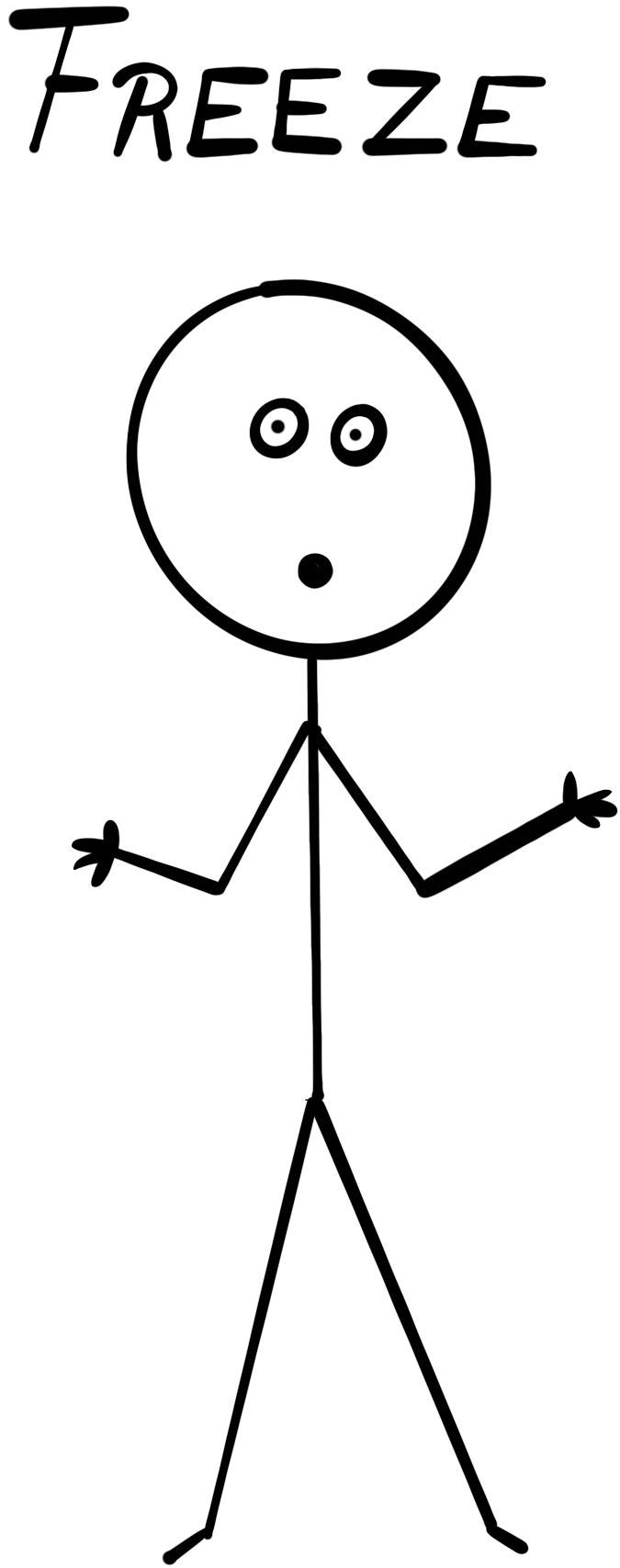Understand your Stress Response
According to the UK’s Health and Safety Executive’s report on “Work-related stress, anxiety or depression statistics in Great Britain”, published in 2019, 602,000 workers suffered from work-related stress, depression or anxiety, and 12.8 million working days were lost as a result. This has a significant impact not only on the individuals suffering from work-related mental health problems, but also for the companies they work in. About half of these mental heath issues were attributed to workload, followed by lack of support and workplace bullying.
These figures illustrate that stress plays an important role in work-related mental health issues. I believe that companies, managers and leaders need to do more to support their employees and prevent the triggers that lead to excessive stress, anxiety or depression due to work-related issues. One factor that I have found interesting in this context is how one person’s experience and reaction to stress will affect others, potentially escalating the problem.
You have probably heard of the Fight-or-Flight Response in relation to stress. This is a survival mechanism called the Acute Stress Reponse, and it is usually triggered in a situation of extreme danger. It is designed to make us ready to either fight off the danger or to escape.
There is in fact one more reaction under extreme stress that is usually left out and that is the ‘freeze’ response. It tends to be the ‘last resort’ when either fighting or running away won’t work. It is the equivalent of ‘playing’ dead’ and in a work setting it often looks like ‘shutting down’.
The physical symptoms are the Central Nervous System’s automatic reaction to danger and they are the same for all three ways of responding:
Racing heart
Shallow, rapid breathing
Nausea and the sensation of ‘butterflies’ in the stomach
Sweaty palms
Cold hands and feet
Shakiness
More acute sensations
All these are meant to prepare the individual for a physical effort to end the dangerous situation, escape, and return to safety. In other words, the Fight-or-Flight Response is designed to provide a short-term physical boost and is not something that an individual should experience for an extended period of time.
Unfortunately, stress at work is usually not short-lived and many are experiencing long-term, chronic stress. So what is the effect that an individual’s typical stress response has at work, for individual colleagues or the wider team?
HOW YOUR STRESS RESPONSE AFFECTS OTHERS
How do you typically respond under pressure? What about when you are experiencing an extended period of chronic stress? Do you typically fight, flee, or freeze? Here is what each type of reaction can look like in a work setting:
Fight
Being defensive or over-reacting, e.g. to criticism
Aggressive, attacking or intimidating others
Shuts down other team members
Feeling treated unfairly, possibly feeling isolated and ‘singled out’
Can lead to more conflict
Flight
Avoiding potential conflict
Escaping the situation
Might ‘go along with it’ just to end the stressful situation
Issues remain unaddressed and unresolved
Feeling unsupported
Others may not even be aware that there is an issue
Freeze
‘Shutting down’ and being unable to react or respond
Feeling easily intimidated
Being unable to speak up or contribute ideas
Feeling frustrated with yourself
Others may not even be aware that there is an issue
Unfortunately, none of these automatic reactions are helpful in a work environment (or in most other situations) and they have a tendency to make matters worse and either keep the problem going or even to escalate. it. Knowing your individual stress response is the first step in getting to know how you function under pressure and what you may need to pay particular attention to if you want to feel calmer yourself and also reduce the negative impact on the wider team. For more on how to improve your reaction under stress, have a look at part two: Improve your Stress Response.
BEYOND THE BLOG
If you want to end the struggle with stress, work-life balance issues, and improve your mental well-being or your leadership and management skills, book a free, no-obligation 30-minute Discovery Call with me.


